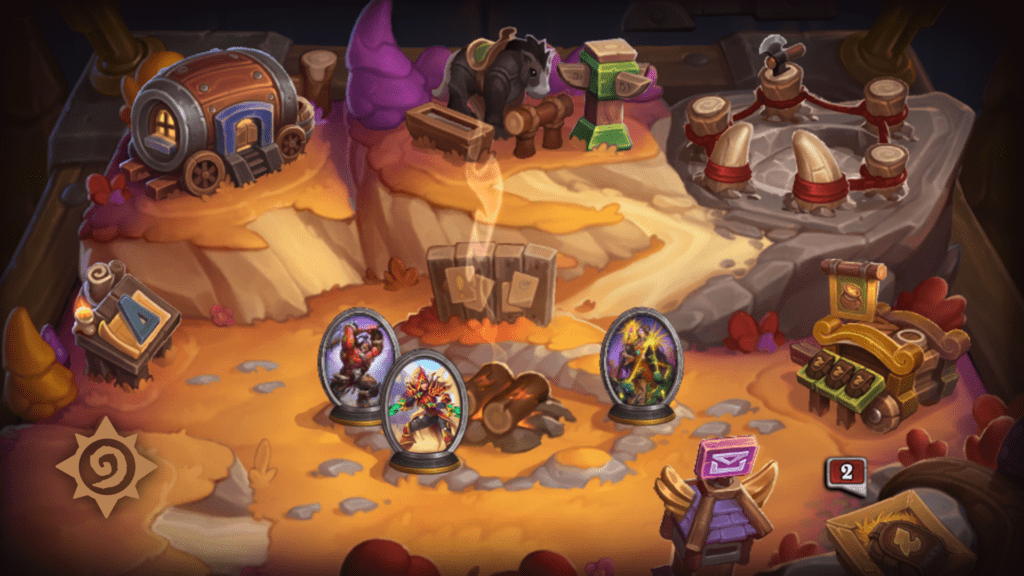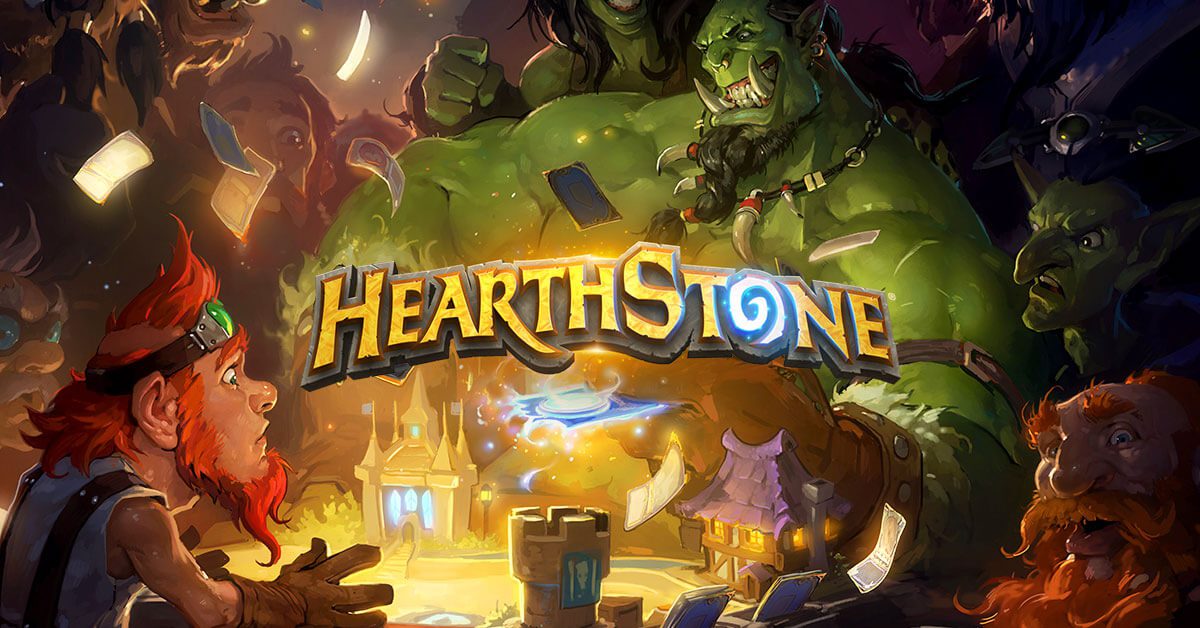Hearthstone is one of the most popular deck-building games, and it got lots of praise since it was released by both fans and critics alike.
The game changed significantly since its beginnings, and it got a significant makeover with the introduction of Patch 19.
The purpose of Patch 19 is to improve gameplay for fans by balancing the present meta.
If you want to take the game in a more serious, more competitive way, there is a lot of information you have to go through to in order to become good at the game.
In order to achieve that, we’ve put together a Hearthstone Arena Tier List, ranking deck builds.
Each class is unique in its own way, but there are deck builds that feature significant benefits over others.
Let’s begin with the best of the best!
S Tier
The first spot in our tier list is occupied by the S Tier.
At any point in the game, cards from this deck can save your day!
- Paladin – This is best used by players with aggressive fighting styles. It’s very easy to create an OP setup. For inexperienced players, this is the simplest class to understand and take advantage of. This is mostly the only truly overpowered class in the game.
A Tier
This is a somewhat weaker tier, but not by much, as an experienced player can compensate the weaknesses of a deck with skill and even win a fight against an S-Tier opponent.

- Hunter – The Primordial Explorer skill is what makes the Hunter deck so powerful. It has excellent value-for-money accommodations, making the deck stand out. Its amazing skills can allow players to win a battle even with very limited resources. Due to Hunter’s characteristics, you will rapidly notice that your aggressive playstyle can get rewarded.
- Druid – This is one of the more linearly evolving decks in the game. It doesn’t have any particular burst of power in any situation, but it’s got an amazing mana pool collection. The druid decks of Guardian and Treant are amazing to use in this class. If you are looking for high flexibility and adaptiveness, the Druid is what you’re looking for.
B Tier
The following decks are still powerful, just not really at the top.
- Warrior – At first glance, the Warrior Decks seem most suitable for aggressive players. However, appearances are deceiving in this case, as most players are aware that Warriors are better managed with advanced control tactics. This deck shines during the later parts of the game, as it can often boost your chances of success.
- Demon Hunter – This is yet another Deck that suits players with aggressive playstyles. It aims to overwhelm enemies before they get the chance to fight back. To do that, the deck relies on rapid, considerable bursts of damage. However, weapon cards can be limited, making them rank lower in our tier list.
- Mage – The Mage’s specialties are strong offense attacks and some defense tricks. They aren’t as strong as other offensive classes, but they can compensate for that with some gimmicks.
C Tier
The decks in this tier most certainly aren’t the most outstanding ones, but they can still be solid choices if handled well.
- Warlock – It’s one of the most difficult classes to use by newbie players. It relies on sound strategies and is often used to benefit its Hero Powers under various situations, as the game demands. Most players go with the ziplock build and zoo warlock.
- Rogue – A very popular choice during the early stage of games, but it begins to drop off later in the game.
D Tier
We feel like the decks in this category are not worth a shot, regardless of how skilled you are, as they are simply way too underpowered in contrast to the other decks.
Still, let’s see what’s up with them.
Priest – Its Resurrections skills and controlling playstyle make it one of the worst classes to pick. Its only upside is healing.
Shaman – The shaman, can be aggressive, but after a few jabs, there will be no rewards. However, it doesn’t stand a chance against skilled players.












Leave a Reply